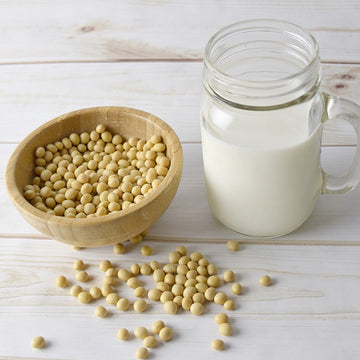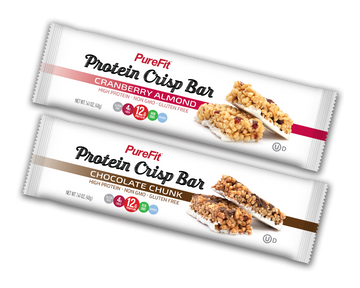
Myth#1: Soy Can Cause Growth of Breast Cancer
Numerous studies have cropped up over the years linking excessive consumption of soy to breast cancer because of the presence of compounds called isoflavones which are similar to the structure of estrogen in the body. Given that most breast cancers are sensitive to estrogen, it was feared that consumption of soy would cause a growth in the cancerous cells. However, it has been seen that in Asian cultures, such as Japan, where soy is a part of the regular diet, such as in the form of tofu, there is a lower rate of incidence of breast cancer.
Bottom line: Moderate intake of soy is considered safe in natural forms as part of a healthy diet. The effects of consumption via concentrated forms such as pills and powders require further study.
Myth#2: Soy Has No Positive Effect on Cardiovascular Health
In a statement released last year, Dr. Mayne, Director of FDA’s Center for Food Safety and Applied Nutrition said, “While some evidence continues to suggest a relationship between soy protein and a reduced risk of heart disease – including evidence reviewed by the FDA when the claim was authorized – the totality of currently available scientific evidence calls into question the certainty of this relationship. Our review of that evidence has led us to conclude that the relationship between soy protein and heart disease does not meet the rigorous standard for an FDA-authorized health claim.”
Bottom line: Although the current research shows that soy may not protect against heart disease at the level once believed, it is still a healthy alternative to red meat given its rich protein, fiber and mineral content. A single cup of soybeans provides up to 28g of protein. The Harvard School of Public Health suggests it’s okay to eat whole soy foods like soy milk, edamame, and tofu in moderation several times a week.
Other options are products that contain soy, such as nutrition bars.
Myth#3: Soy Decreases Fertility and Testosterone in Men
A 2009 meta-study published in Fertility and Sterility has shown that soy proteins or isoflavones have no effect on the reproductive hormones in men. Much of the fear around soy in relation to men’s health is because of the presence of isoflavones which mimics the hormone estrogen in the body. Estrogen plays an essential role in the development of female sexual characteristics such as breasts, armpit, and pubic hair as well as the regulation of the menstrual cycle and the reproductive system. Men have estrogen as well but in significantly lower levels.
Bottom line: Moderate consumption of soy foods as part of a healthy diet together with a daily exercise program does not cause adverse effects on the sexual health of men.
Soy products don’t have to be kept at bay for fear of negative health repercussions. Practice moderation and explore new tastes in the form of Asian flavors or even in the form of a Purefit Nutrition Bar as healthy, flavorful alternatives to dairy and red meat.




